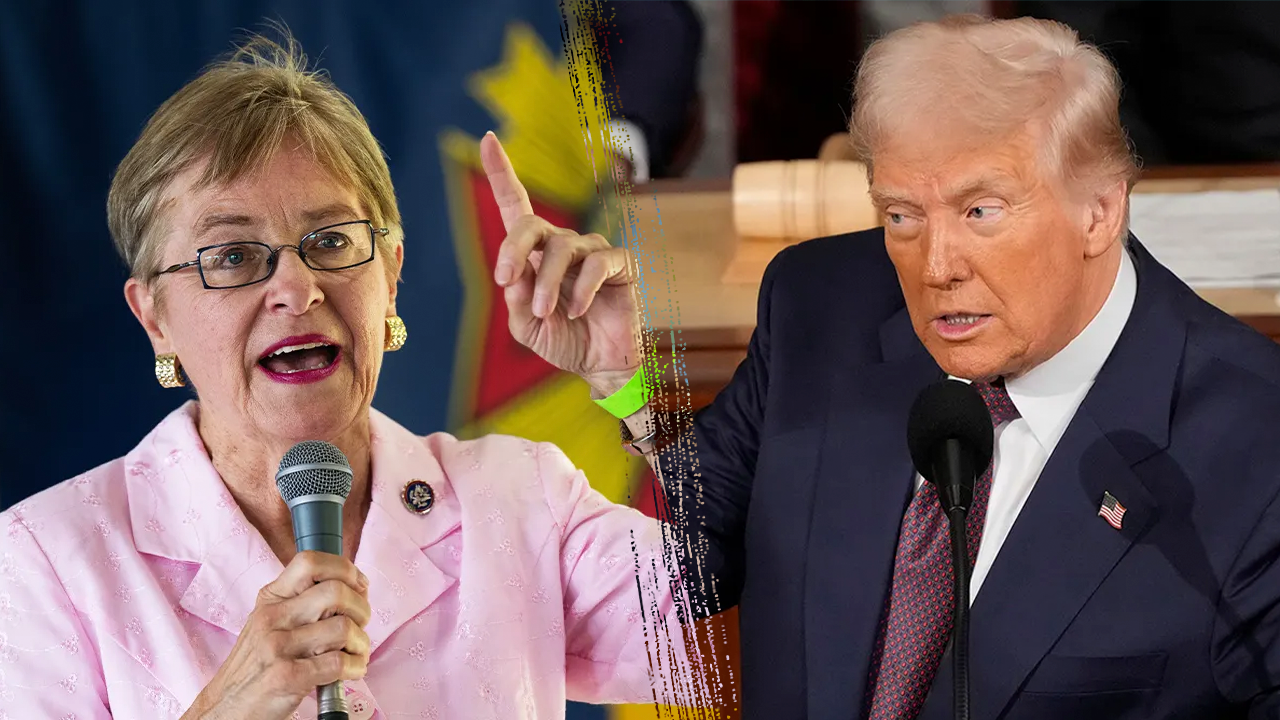Vulnerable House Dem ripped for ‘flip flopping’ on key Trump policy supported by union she backs

Democratic Rep. Marcy Kaptur, who has served in Congress since the early 1980s, is facing criticism for her recent opposition to President Trump’s tariff plans despite her long history of advocating for tariffs while representing union-heavy northwest Ohio. Kaptur has been vocal in her criticism of Trump’s tariff plan, arguing that a 25% tariff on Canada would raise prices on everything. She has expressed concerns about the impact of tariffs on inflation and the economic well-being of American families.
However, Kaptur’s current stance on tariffs contrasts with her past support for the use of tariffs as a way to address trade imbalances and protect American workers. In a 2018 interview with BBC, Kaptur acknowledged the need to reform the global trade system and emphasized the importance of addressing America’s trade deficits. She has also highlighted the impact of outsourcing on American jobs and industries, particularly in the automotive sector.
Despite her previous support for tariffs, Kaptur’s opposition to Trump’s tariff plan has drawn criticism from the National Republican Congressional Committee, which accused her of being out of touch with Ohio workers. The upcoming midterm elections will be crucial for Kaptur, who narrowly won re-election in 2024 and is considered one of the most vulnerable Democrats in the House.
In response to the criticism, Kaptur defended the use of targeted tariffs as a tool to protect American workers from unfair trade practices. She emphasized the importance of a comprehensive trade strategy that prioritizes workers over Wall Street speculators. Kaptur expressed concerns about the arbitrary nature of Trump’s tariffs and their impact on families, workers, and companies in her region.
Overall, Kaptur’s evolving stance on tariffs reflects the complex and contentious nature of trade policy in American politics. As the debate over tariffs continues to unfold, it remains to be seen how Kaptur’s position will resonate with voters in her district and the broader political landscape.




